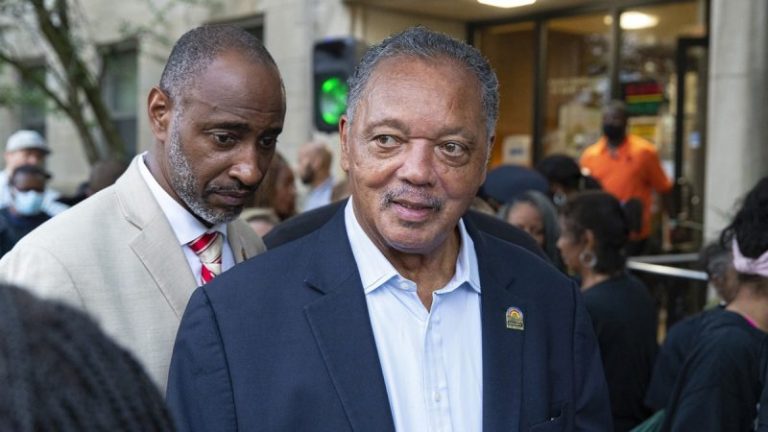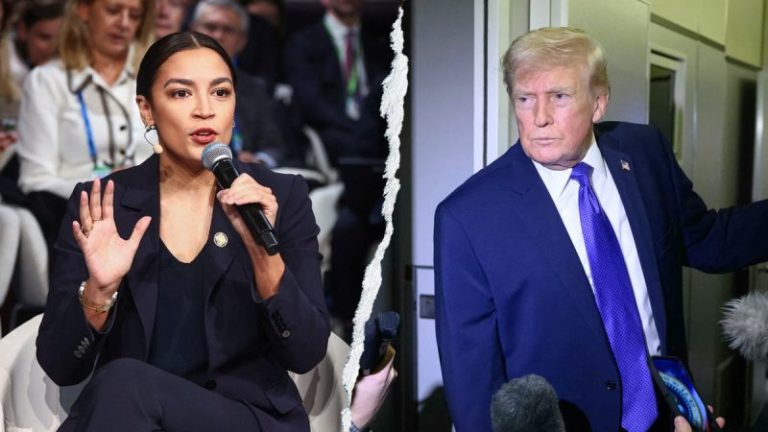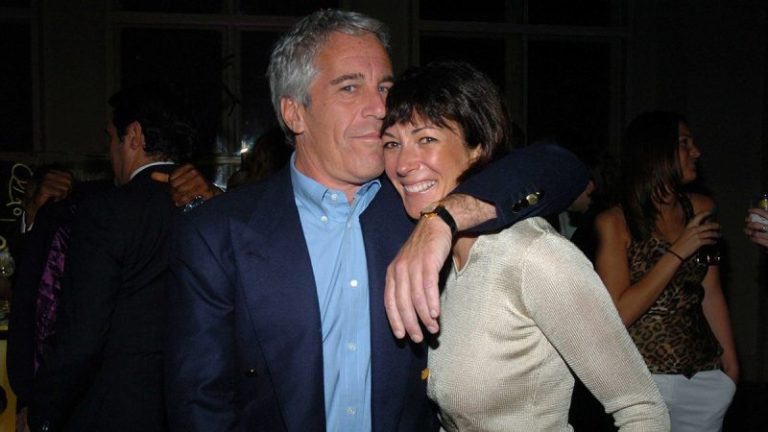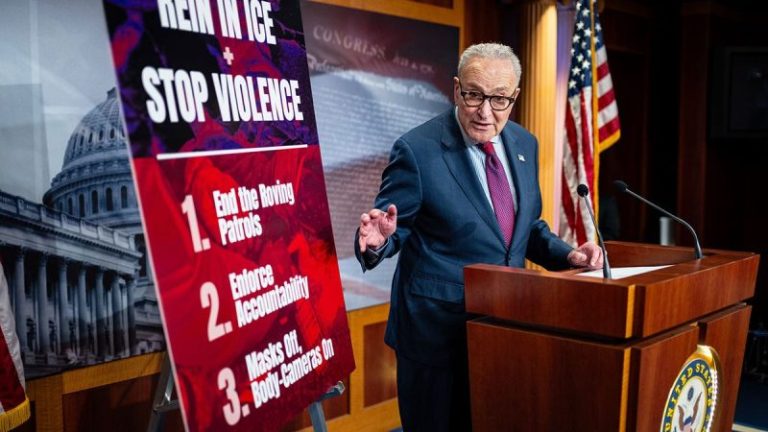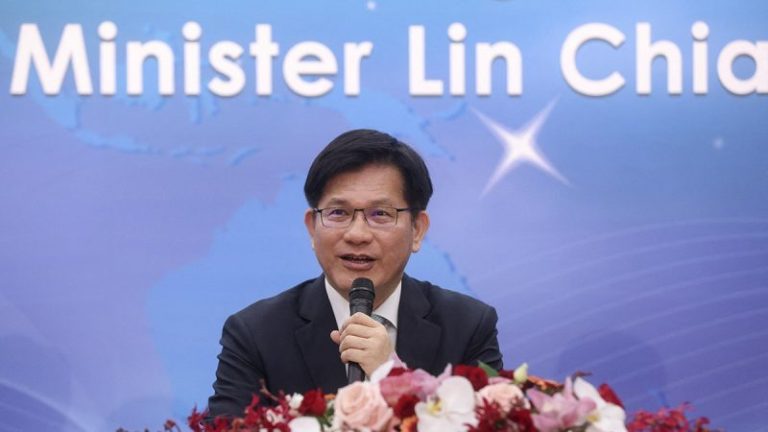The Rev. Jesse Jackson, a longtime civil rights leader, two-time Democratic presidential candidate and founder of the Rainbow PUSH Coalition, died Tuesday morning at the age of 84, his family said in a statement.
‘It is with profound sadness that we announce the passing of civil rights leader and founder of the Rainbow PUSH Coalition, the Honorable Reverend Jesse Louis Jackson Sr. He died peacefully on Tuesday morning, surrounded by his family,’ the statement said.
‘Our father was a servant leader — not only to our family, but to the oppressed, the voiceless, and the overlooked around the world,’ the Jackson family said. ‘We shared him with the world, and in return, the world became part of our extended family. His unwavering belief in justice, equality, and love uplifted millions.’
A cause of death was not mentioned, but Jackson had suffered from multiple health problems in recent years. In 2017, Jackson revealed that he had been diagnosed with Parkinson’s disease. He was also treated for progressive supranuclear palsy, a rare degenerative neurological disorder. Despite health setbacks that weakened his voice and mobility, he continued advocating for civil rights and was arrested twice in 2021 while protesting the Senate filibuster rule.
Born Oct. 8, 1941, in Greenville, South Carolina, Jackson grew up in a segregated community. As a teenager, he excelled academically and earned a football scholarship to the University of Illinois before transferring to North Carolina Agricultural and Technical College, where he graduated in 1964.
He became involved in civil rights activism as a teenager and was arrested at 18 for participating in a sit-in at a segregated public library. The protest marked the beginning of his rise in the student-led movement challenging segregation across the South.
After graduation, Jackson left his studies at Chicago Theological Seminary to join the Rev. Dr. Martin Luther King Jr. in Selma, Alabama, and later became a key figure in the Southern Christian Leadership Conference. With King’s support, he led Operation Breadbasket in Chicago, a campaign aimed at expanding economic opportunities for Black Americans.
Jackson was in Memphis in 1968 when King was assassinated. In the years that followed, Jackson founded what became the Rainbow/PUSH Coalition, an organization focused on civil rights, voter registration and economic empowerment. Over decades of activism, he received dozens of honorary degrees and was awarded the Presidential Medal of Freedom in 2000 by President Bill Clinton.
Jackson ran for the Democratic presidential nomination in 1984 and 1988. In 1984, he won 18% of the primary vote. His campaign faced controversy over an antisemitic remark he made about New York’s Jewish community.
In 1988, Jackson won nearly 7 million votes — about 29% of the total — and finished first or second in multiple Super Tuesday contests. Massachusetts Gov. Michael Dukakis ultimately secured the nomination.
Though he never held elected office, Jackson remained an influential political figure, advocating for expanded voter registration, lobbying for Washington, D.C., statehood, and at times serving as a diplomatic envoy, including efforts to secure the release of Americans held overseas.
In 2001, Jackson publicly acknowledged that he had fathered a daughter, Ashley, with a woman affiliated with his advocacy organization. He later apologized.
Jackson is survived by his wife of more than 60 years, Jacqueline; their children — Santita, Jesse Jr., Jonathan, Yusef and Jacqueline — daughter Ashley Jackson; and grandchildren.
Public observances will be held in Chicago with final funeral arrangements yet to be announced.

